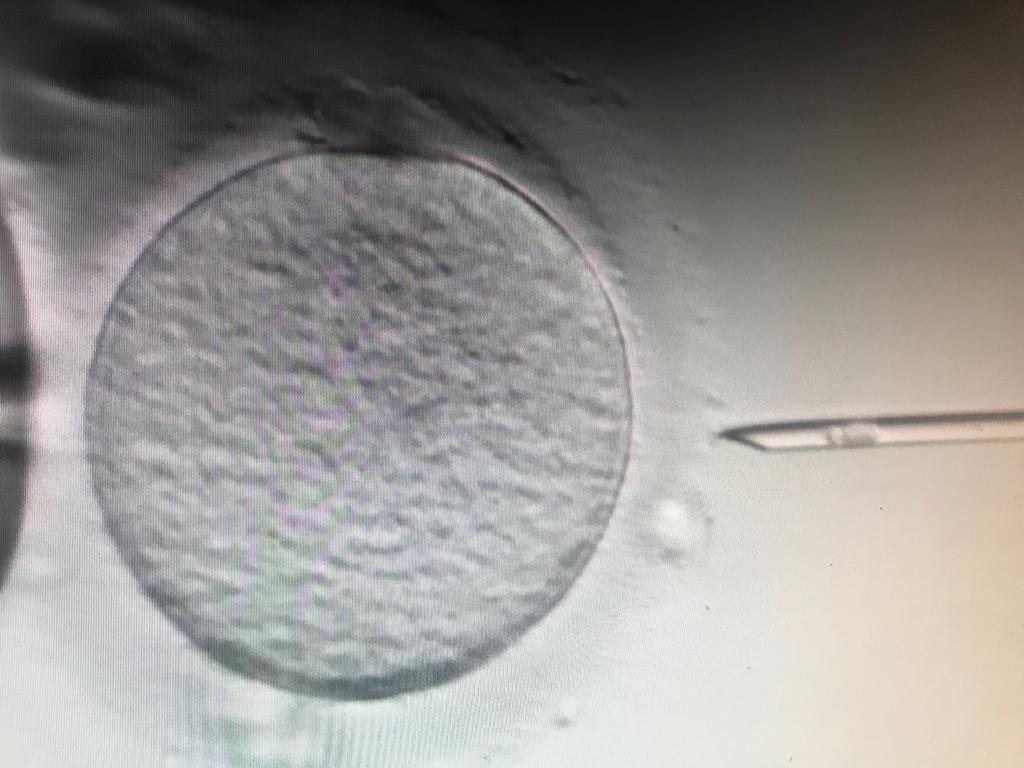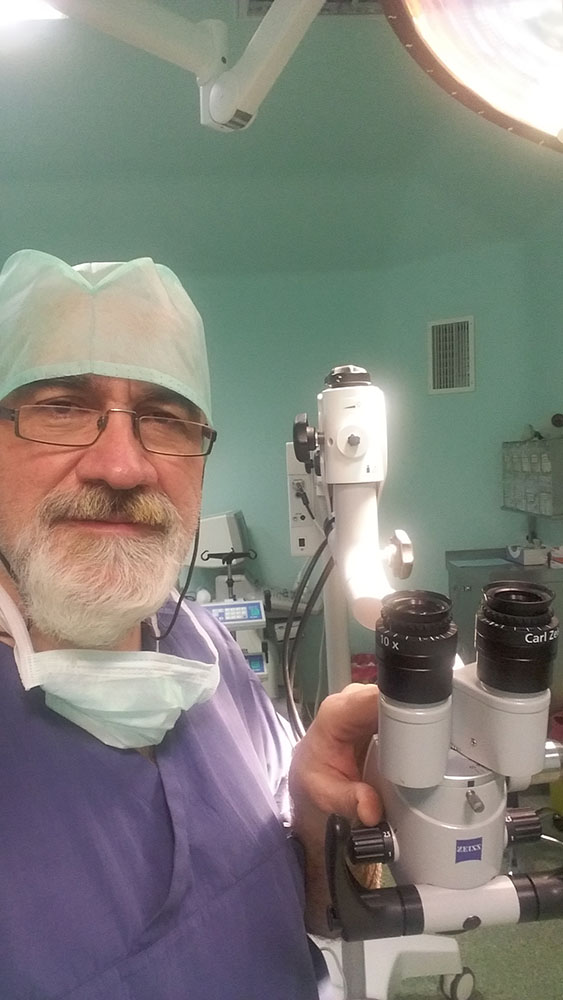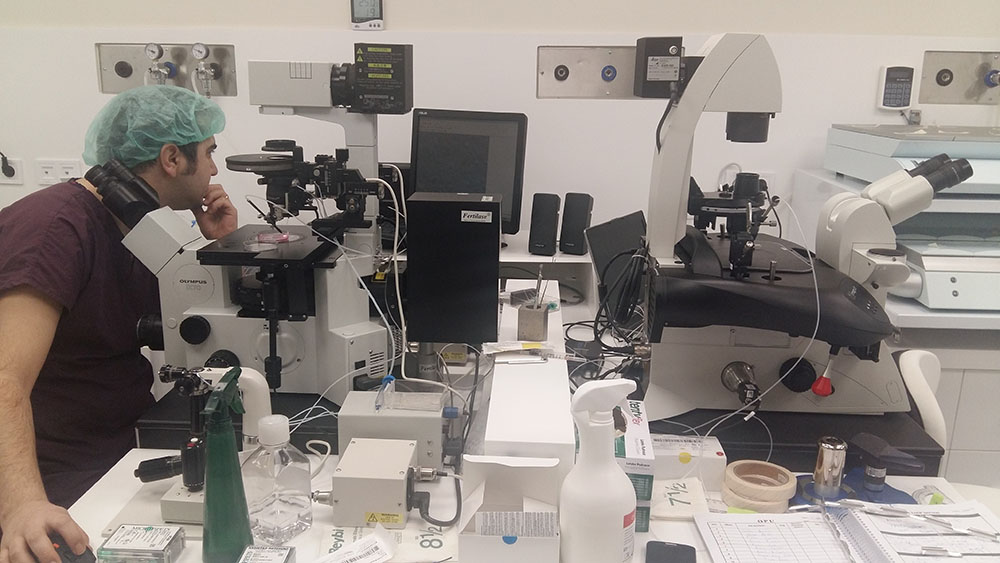



Azoospermia is defined as the absence of spermatozoa in the ejaculate after a detailed assessment of the semen and diagnosed in approximately 15 % of the infertile males. In fact, most of them suffer from having nonobstructive azoospermia (NOA). Although microdissection testicular sperm extraction (microTESE) can provide an opportunity for having a baby in men with NOA, sperm retrieval rate for these patients ranges from 30 to 60 %. Recently, however, another possibility has been a hope for men with unsuccessful TESE attempts: ROSI; injection of round spermatids into oocytes.
Short-term results of our experience in ROSI procedure are very promising. In our protocol before offering the treatment we are trying to predict the chance of retrieving viable round cells that have reached to a certain stage of maturity. This step is very crucial in correct counseling of such patients. In our clinical studies we developed very important markers which are highly sensitive to predict the presence of proper germinal cells in the testicle. If we determine that sperm stem cells are suitable for treatment, we stimulate these cells with personalized medication for 3-6 months. Following the final marker evaluation to prove the presence of ROSI-compliant cells the next step is multi-dimensional microTESE. Despite all our efforts, in the absence of spermatozoa or elongated spermatids morphologically normal round spermatids are identified and such tubules are collected for enzymatic digestion before passing to cryopreservation. Cryopreserved cells are checked again by genetic tests for presence of haploid cells. If haploid cells are detected, cryopreserved tissues are thawed and ROSI is performed according to the technique with the eggs collected from the woman. Preimplantation genetic screening (PGS) may be offered to improve the chances of having healthy live birth.

To increase the success rates we are working exhaustively on the centrosome factor and mitochondrial disorders. We believe that as progress is made on these issues, the number of healthy pregnancies will increase.
Many thanks to our experienced embryologist Semra Sertel and her team for their enormous efforts. Ankara University Stem Cell Institute, Microgen Laboratory, Y-gene Laboratory, HRS Women Hospital and especially the Centrum Clinic also deserve great praise.
You can send your questions to
Prof.Dr. Kaan Aydos
Mahatma Gandhi Caddesi, 19/7 06700 Cankaya, Ankara / TURKEY
+90 312 437 3121 +90 312 508 2258